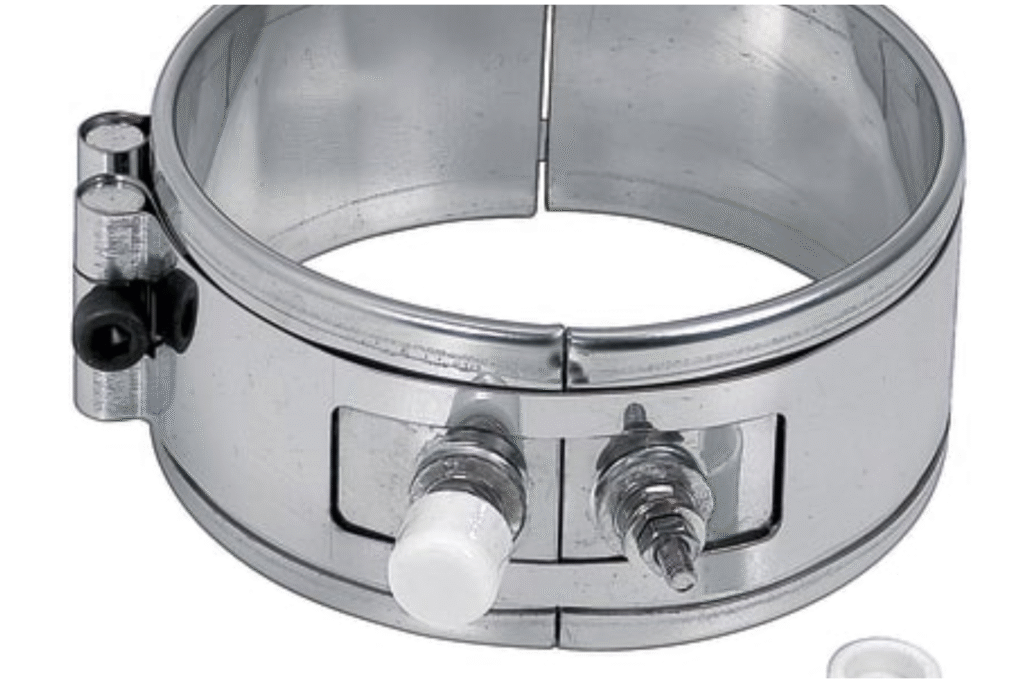
Bringing your foreign national fiance to the U.S. involves a multi-step process, primarily through the K-1 visa program. Here’s a general outline of the steps you need to take:
- File a Petition: As a U.S. citizen, you need to file a Form I-129F, Petition for Alien Fiancé(e), with U.S. Citizenship and Immigration Services (USCIS). This petition establishes your relationship and intent to marry.
- USCIS Processing: USCIS will review your petition. If approved, they will forward the petition to the National Visa Center (NVC).
- NVC Processing: The NVC will assign a case number and forward your petition to the U.S. embassy or consulate in your fiance’s home country.
- Fiance’s Application: Your fiance will need to apply for a K-1 visa at the U.S. embassy or consulate in their home country. They will need to submit various documents and attend a visa interview.
- Medical Examination and Background Checks: Your fiance will typically need to undergo a medical examination and security background checks as part of the visa application process.
- Interview: Your fiance will attend a visa interview at the U.S. embassy or consulate. They should be prepared to provide evidence of your relationship and intent to marry.
- Visa Approval: If the visa is approved, it is usually valid for 6 months.
- Travel to the U.S.: Your fiance should travel to the U.S. within the validity period of the K-1 visa.
- Marry in the U.S.: You and your fiance must get married within 90 days of their entry into the U.S.
- Adjustment of Status: After marriage, your fiance should apply for Adjustment of Status (Form I-485) to become a legal permanent resident (green card holder). This application allows your fiance to live and work in the U.S. while waiting for the green card to be processed.
K-1 visa cost
The cost associated with the K-1 visa application included several fees. Please note that fees can change, so it’s essential to check the latest fee schedule on the U.S. Department of State’s website or with the U.S. embassy or consulate where your fiance will apply. Some of the common fees associated with the K-1 visa process:
- Form I-129F Filing Fee: The cost of filing Form I-129F, the Petition for Alien Fiancé(e), with U.S. Citizenship and Immigration Services (USCIS). This fee is $535.
- Medical Examination and Vaccination Costs: Your fiance will need to undergo a medical examination by an approved panel physician. The cost of the medical examination and any required vaccinations can vary depending on the physician and location.
- Visa Application Fee: This fee is paid to the U.S. embassy or consulate where your fiance applies for the K-1 visa. This fee is $265.
- Additional Fees: Depending on the specific circumstances, there may be additional costs related to document translations, photocopies, and obtaining any necessary civil documents, such as birth certificates and police certificates.
- Travel Costs: Your fiance will need to cover travel expenses to attend the visa interview and, later, to travel to the U.S.
K-1 visa checklist of required documents
When applying for a K-1 visa, it’s essential to provide a comprehensive set of documents to support your petition and your fiance’s visa application. Keep in mind that requirements may change, so it’s crucial to verify the current requirements on the U.S. Department of State or the U.S. embassy or consulate’s website where your fiance will apply. Here is a general checklist:
For the U.S. Citizen Sponsor (Petitioner):
- Form I-129F: Completed and signed Petition for Alien Fiancé(e).
- Proof of U.S. Citizenship: Typically a copy of your U.S. passport, birth certificate, or naturalization certificate.
- Proof of Relationship: Evidence of your genuine relationship with your fiance, such as photographs together, correspondence, or evidence of visits.
- Intent to Marry: A statement expressing your intent to marry within 90 days of your fiance’s arrival in the U.S.
- Criminal Background Check: Some U.S. citizens may be required to provide a police clearance certificate.
For the Foreign Fiancé(e):
- Form DS-160: Online Nonimmigrant Visa Application.
- Passport: A valid passport that is valid for at least six months beyond the intended date of entry into the U.S.
- Birth Certificate: A copy of your fiance’s birth certificate.
- Police Clearance Certificate: A certificate from the police authorities in each country where your fiance has lived for six months or longer since the age of 16.
- Medical Examination: A medical examination conducted by an approved panel physician. The results are sent directly to the U.S. embassy or consulate.
- Proof of Relationship: Evidence of your relationship, similar to what the U.S. citizen provides, including photographs, correspondence, or other proof.
- Proof of Financial Support: Evidence that the U.S. sponsor meets the financial requirements to support the fiance upon entry to the U.S. This may include an Affidavit of Support (Form I-134) and financial documentation.
- Visa Application Fee Receipt: Proof of payment of the visa application fee.
- Two Passport-sized Photos: Recent passport-sized photos as per the specific requirements of the U.S. embassy or consulate.
- Proof of Having Met: Evidence of having met your fiance in person within the last two years. This is a crucial requirement to prove a genuine relationship.
- Divorce or Death Certificates: If either you or your fiance were previously married, provide the relevant divorce or death certificates.



